Samaruc Productions / Documentary
No One is Illegal
Every Day Tomorrow

No One Is Illegal Every Day Tomorrow is a documentary that shows the brutal reality of non-European migrants and asylum seekers on their journey to reach a safe country, away from war, persecution for their ideology and religious beliefs, sexual orientation, climate change and poverty.
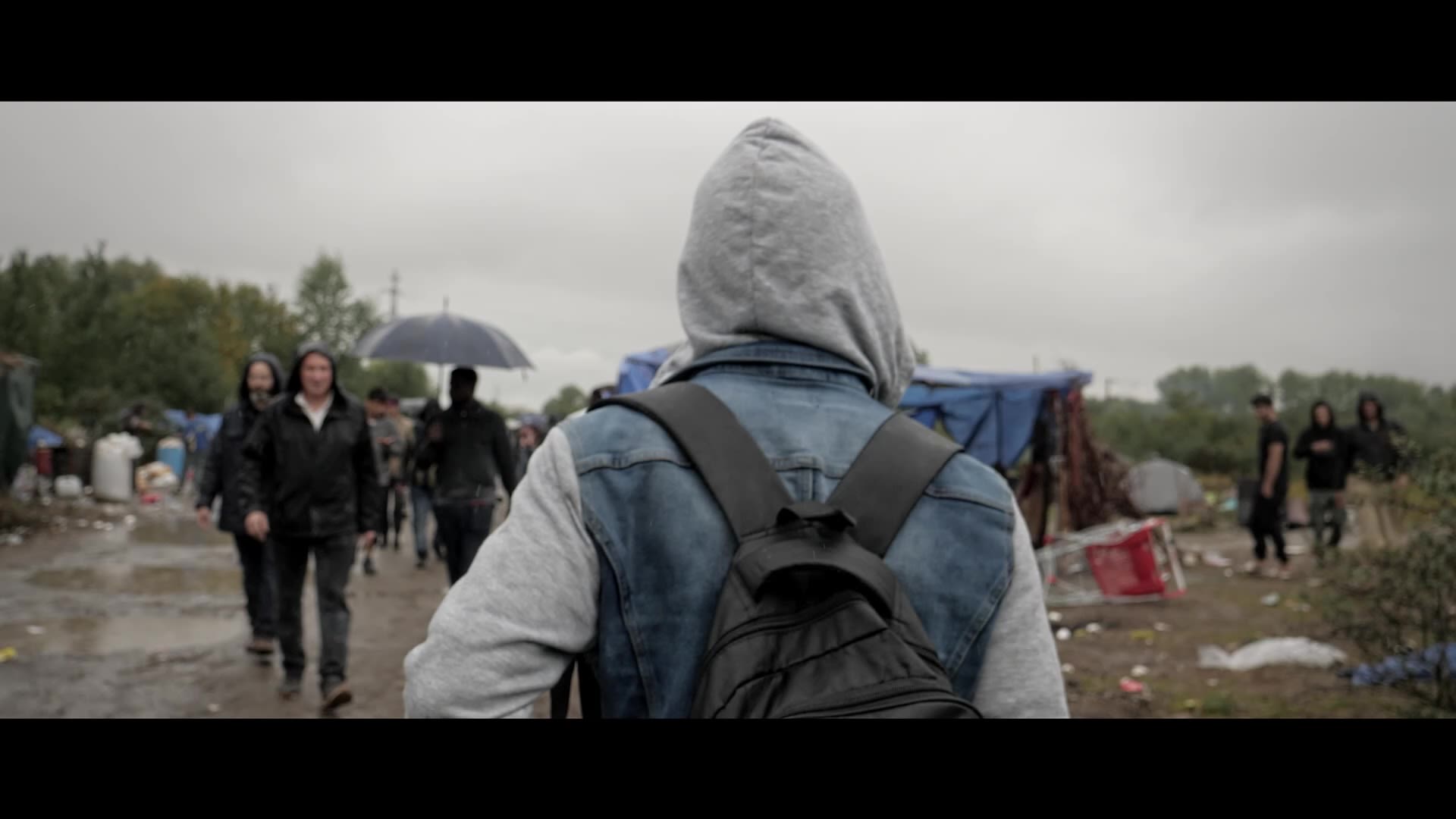
The documentary was filmed in Spain, France, UK and Northern Ireland, Poland, the Republic of Ireland and Morocco.

Through interviews with activists, asylum seekers, journalists, refugees, academics, diplomats, social leaders and politicians, the film explores different life stories to visualise a humanitarian emergency that is distorted by the media, criminalised by governments and misunderstood by society.

Brief notes
The film portrays the obstacles faced by asylum seekers and refugees in European countries, who are systematically criminalised by Western media and migration policies, in their never-ending struggle to obtain international protection and the right to asylum.
Forcibly displaced persons suffer exclusion, deprivation of liberty, precariousness, exploitation, medical neglect, hunger, racism and survive in uncertainty, in a legal limbo that prevents them from having security, the right to work, decent housing and food.
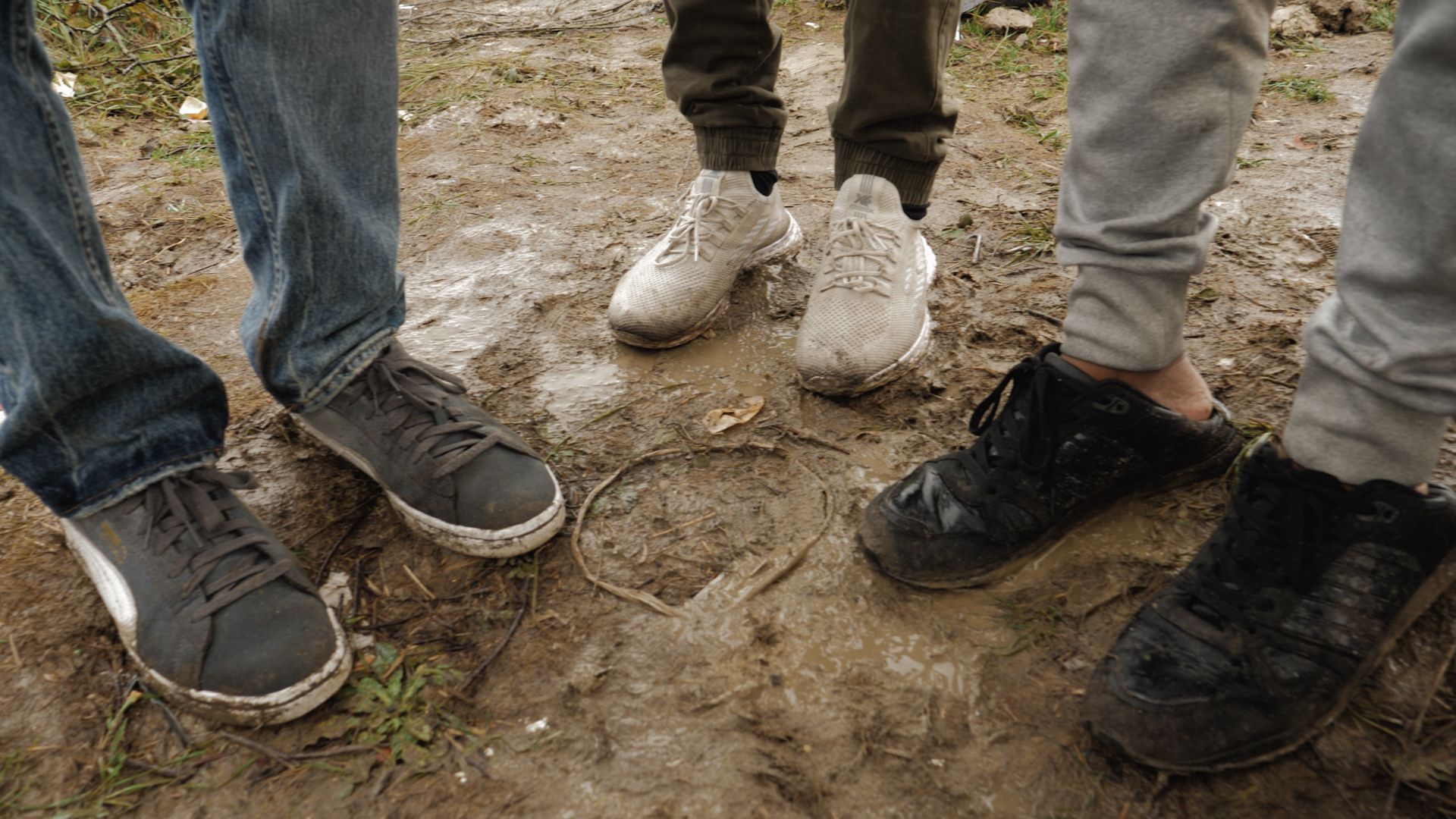
In Calais (France), thousands of people are harassed by the police. Families try to cross the English Channel to reach the UK.
In Calais (France), thousands of people are harassed by the police. Families try to cross the English Channel to reach the UK.
Refugees do not want to leave their country, but are forced to flee because of war, persecution based on ethnicity, religious beliefs, gender, sexual orientation, political ideology, or because of the exploitation and pollution of their natural resources, as well as inevitable climate change.
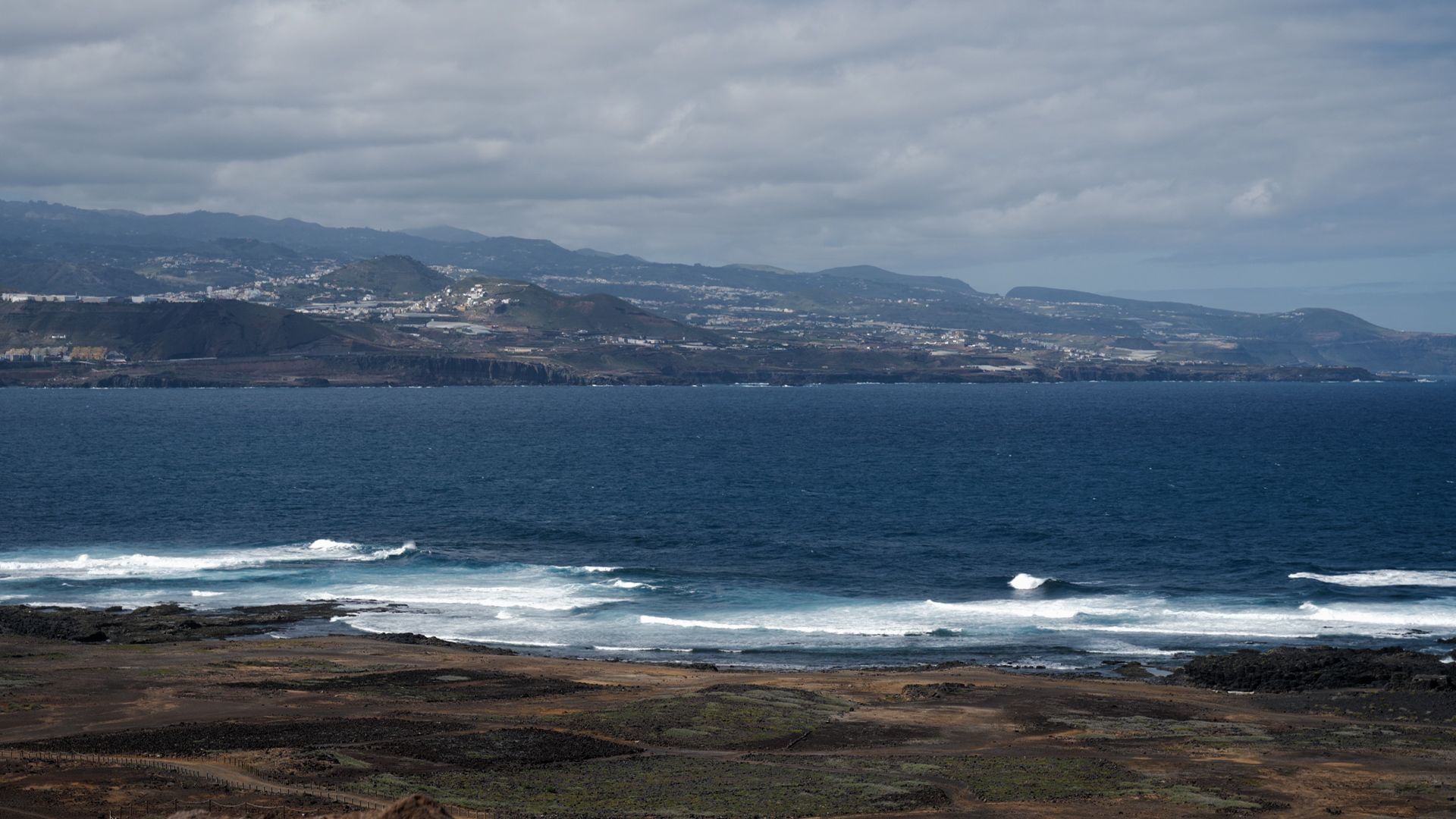
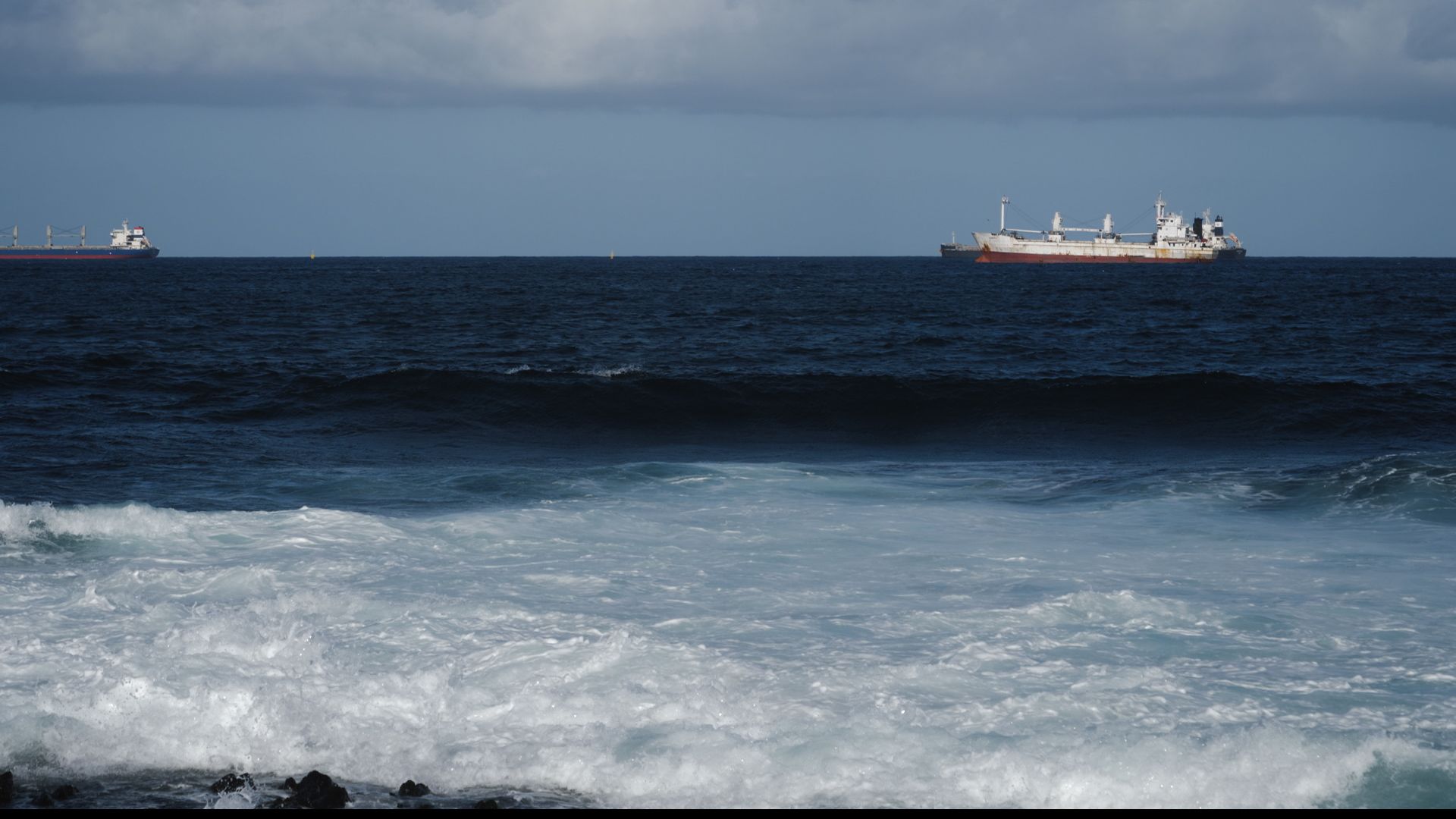
No One is Illegal Every Day Tomorrow addresses particular social issues in different European countries to show the human rights violations suffered by those seeking international protection.
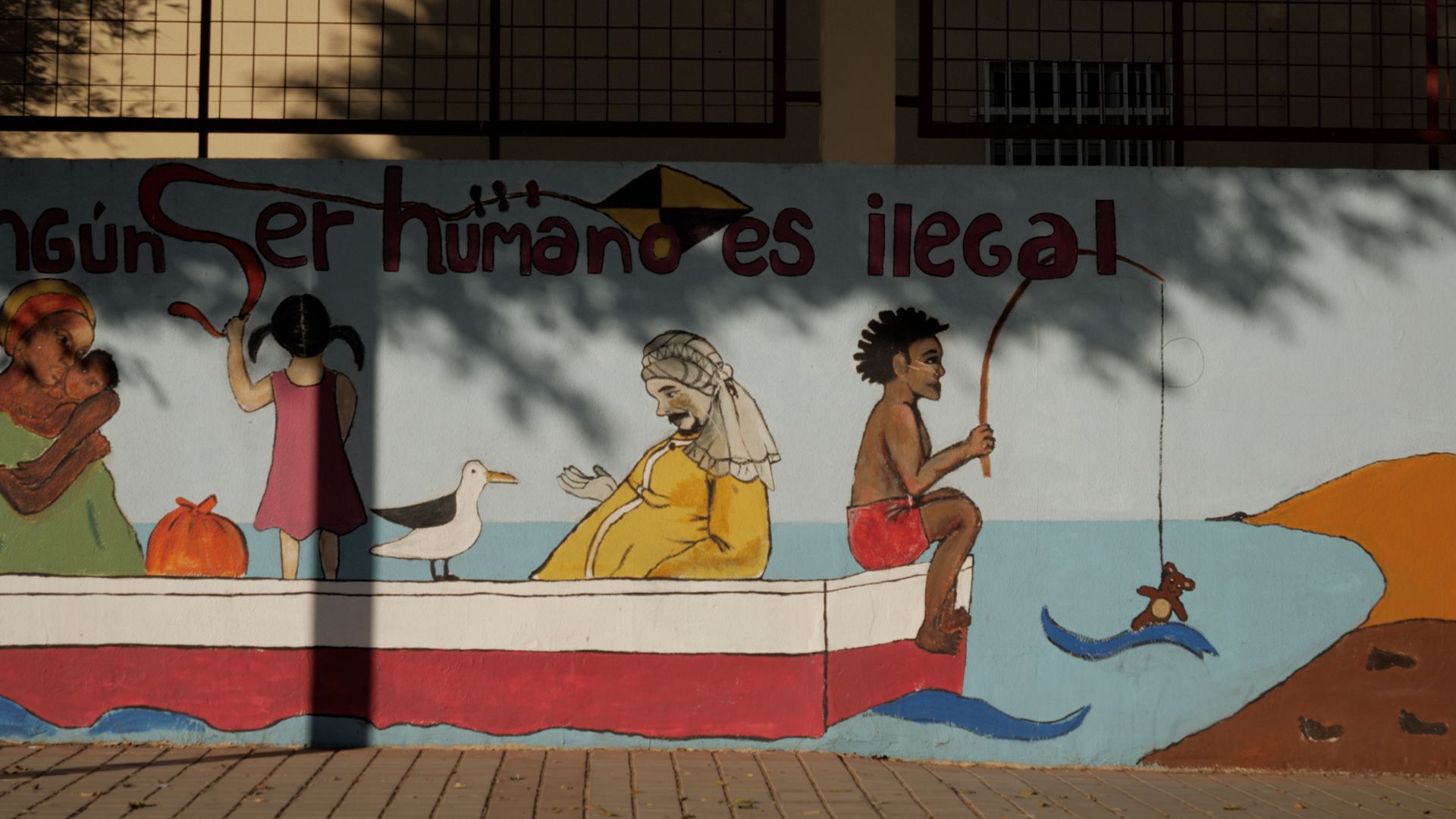
The film exposes the double standards of European migration policies and laws applied to women, children and men of different nationalities, the ruthlessness of border controls and the resulting business dealings between private companies and governments.
No One is Illegal Every Day Tomorrow is a journey through a contradictory Europe.
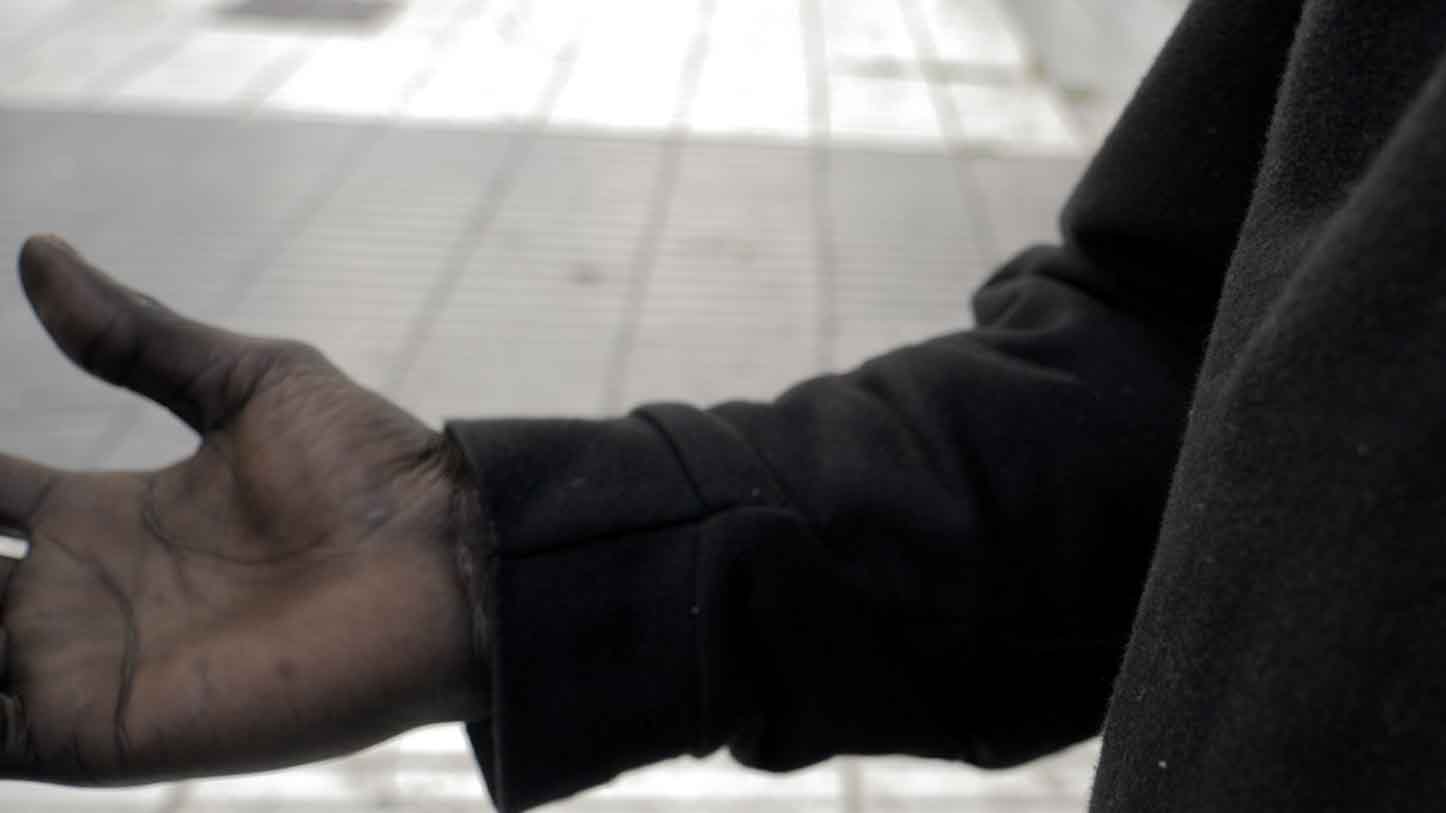
A young man shows us the scars on his hand caused by different obstacles during his journey from Côte d'Ivoire to Gran Canaria. He lives in Canarias 50, a temporary detention centre for asylum seekers.
A young man shows us the scars on his hand caused by different obstacles during his journey from Côte d'Ivoire to Gran Canaria. He lives in Canarias 50, a temporary detention centre for asylum seekers.
But it is also hope, a journey of human journalism that seeks to generate dialogue, to make visible the voices of migrants, men and women involved in the humanitarian emergency, to find clues to try to decipher this world in flames, sometimes chaotic and fragmented, despite the fact that, perhaps, the path is imperfect and difficult.
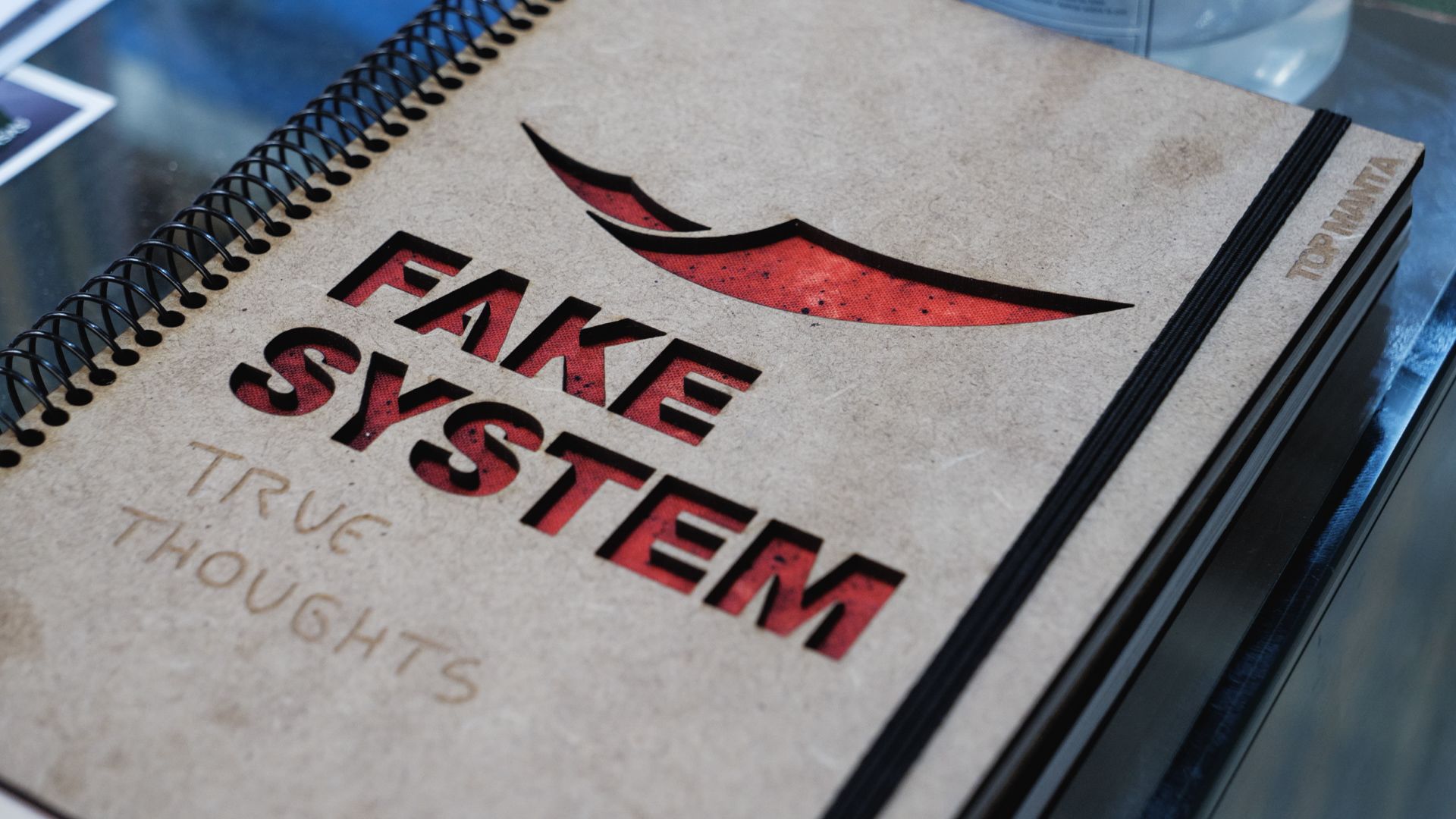
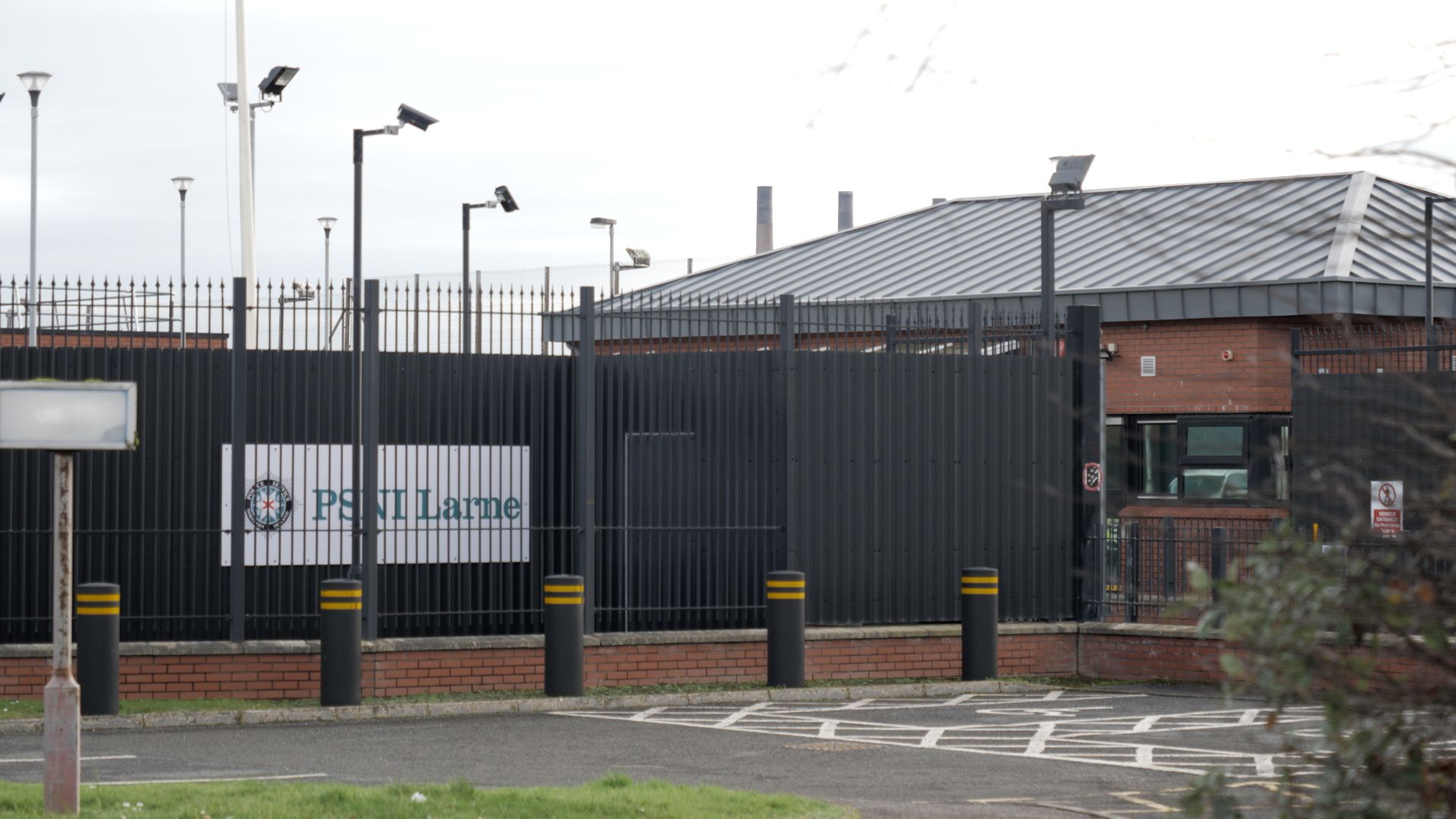
"My whole life is inside that tent"
Ahmad, asylum seeker

It is March. Nineteen days have passed since the Russian invasion of Ukraine. 19 days in which Europe has opened its borders to welcome with open arms those who, from the rubble, are escaping death, the death that inevitably accompanies war, all war.
Spain - from 11 March to 22 August 2022 - has offered temporary protection to 130,000 Ukrainian refugees. Within 24 hours, the Spanish government grants European displaced persons residence, work permits and accommodation in the various reception centres.
Juan Carlos Lorenzo, territorial coordinator in the Canary Islands of the Spanish Commission for Refugee Aid (CEAR).
In two and a half years, 50,000 non-Europeans have arrived in Gran Canaria. Six thousand from January to March 2022.
The displaced people arrived - and continue to do so - in pateras (wooden boats without decks and flimsy) from Western Sahara and southern Morocco, most of them Moroccan-born, followed by other nations such as Mali, Ivory Coast, Senegal, Gambia and, in smaller numbers, from the Comoros archipelago, Nigeria and Ghana.
According to data from the Andalusian Human Rights Association (APDHA), published on 7 February 2023 in the Migratory Balance 2022, the Canary Islands route is the most deadly, with 70 percent of the deaths. Officially, 1,330 people lost their lives "in the Atlantic Ocean bound for one of the Canary Islands".
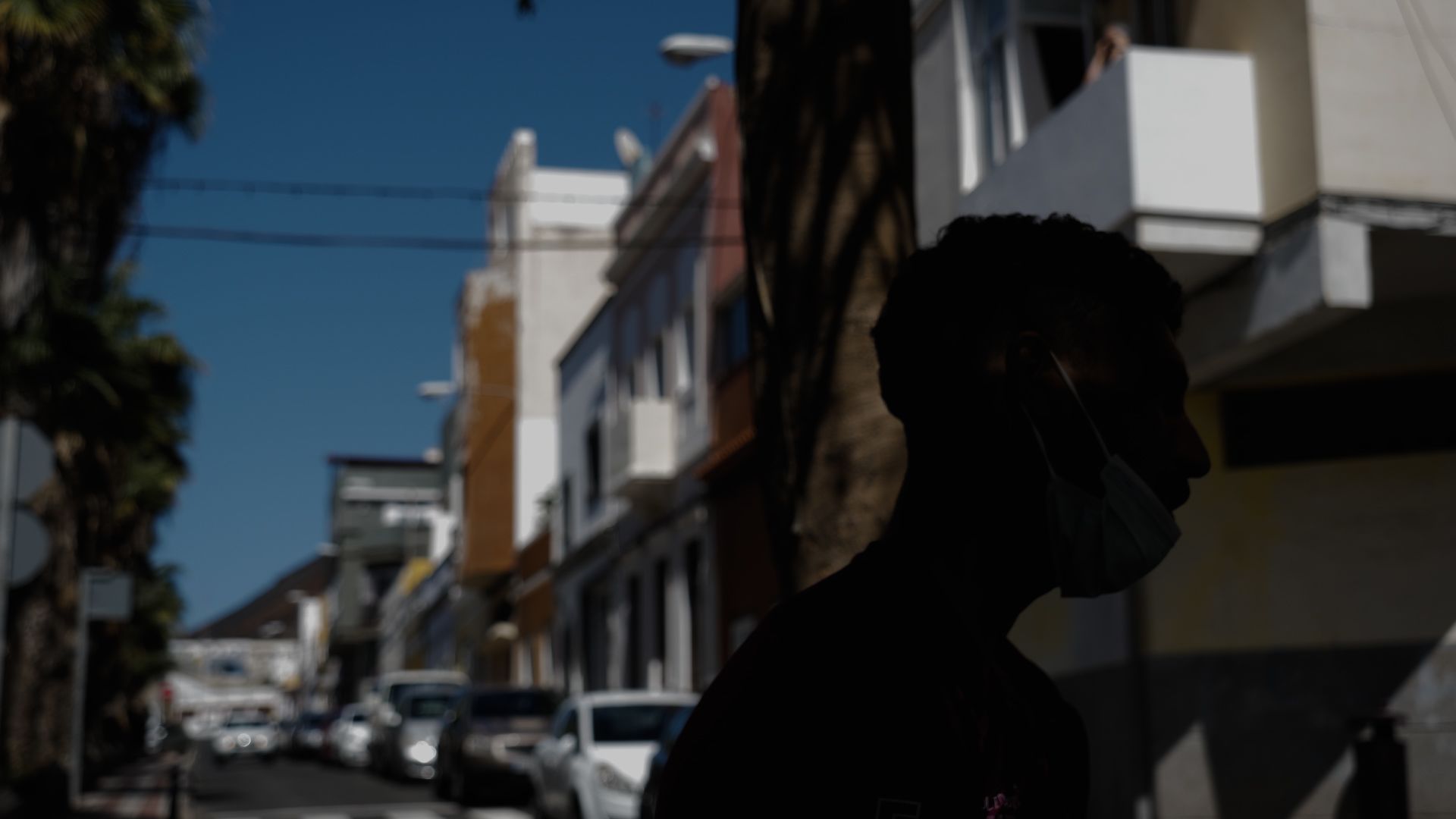
Since November 2021, this young man has been living in Canarias 50, the former military complex used to house asylum seekers, in Las Palmas.
Since November 2021, this young man has been living in Canarias 50, the former military complex used to house asylum seekers, in Las Palmas.
The report highlights "the increase in shipwrecks and victims on the Algerian route, both in Alboran and in the Levante area". The organisation stresses that this is an increase that has been warned about before and that "must not remain invisible": 470 people have lost their lives on their journey from the Algerian coast to Murcia, Alicante, the Balearic Islands, Almeria or Granada".
The words of human rights associations such as that of Andalusia, or others in Spain, point to the same conclusion: "Spanish and European migration policies are deadly and their practices are still marked by racism and xenophobia".
TEAM
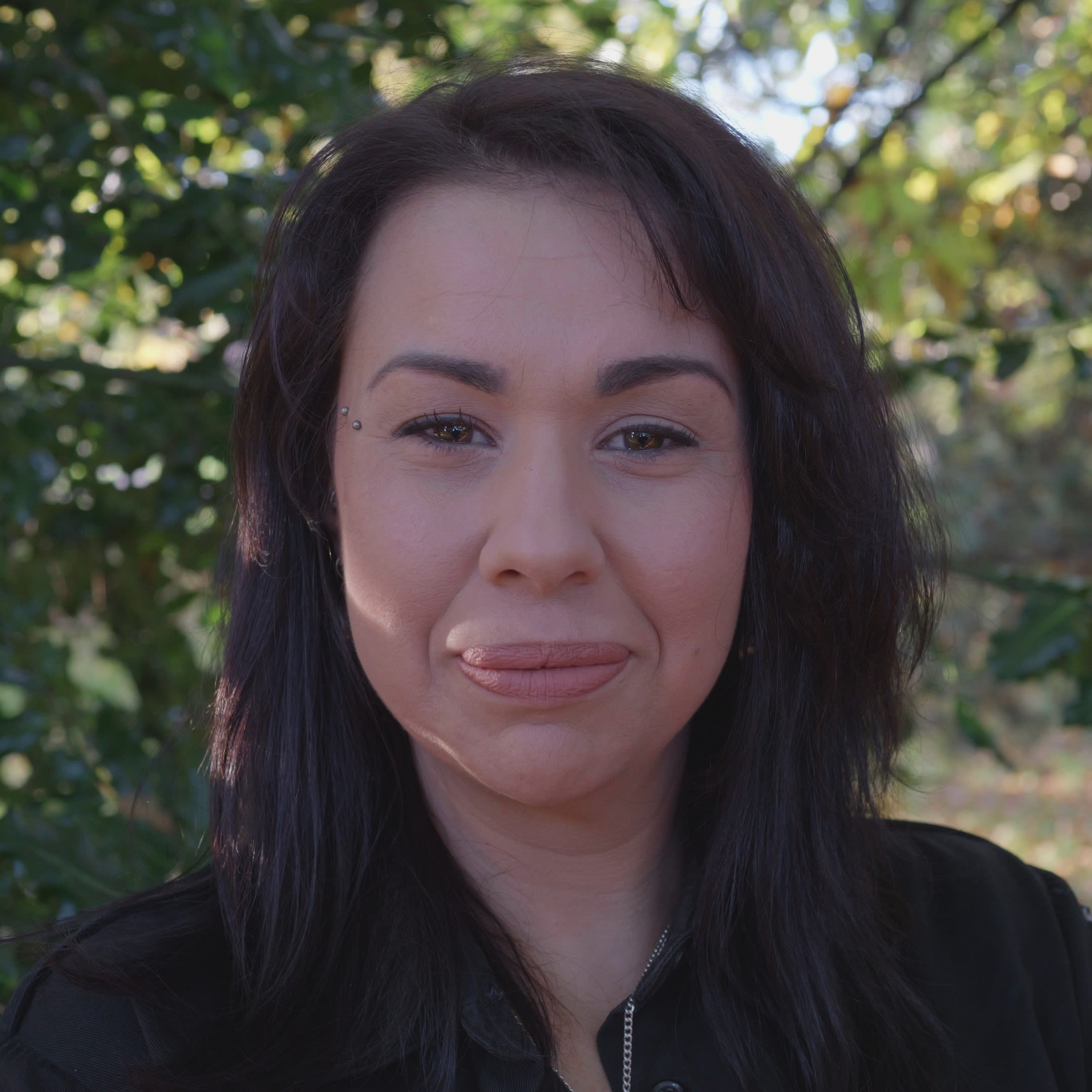
María Atahona
Social Educator with a master’s degree in Advanced Theatre Studies. Spanish actress and producer based in Northern Ireland. Director of Samaruc. She has worked in Mexico, Spain and Northern Ireland with different institutions as a cultural manager and educational facilitator. Specialised in human rights and gender equality. No One is Illegal Every Day Tomorrow is the first documentary she has produced. María is responsible for Samaruc's film projects in the UK and Northern Ireland and Spain. She is currently preparing a documentary to be filmed in Vietnam.
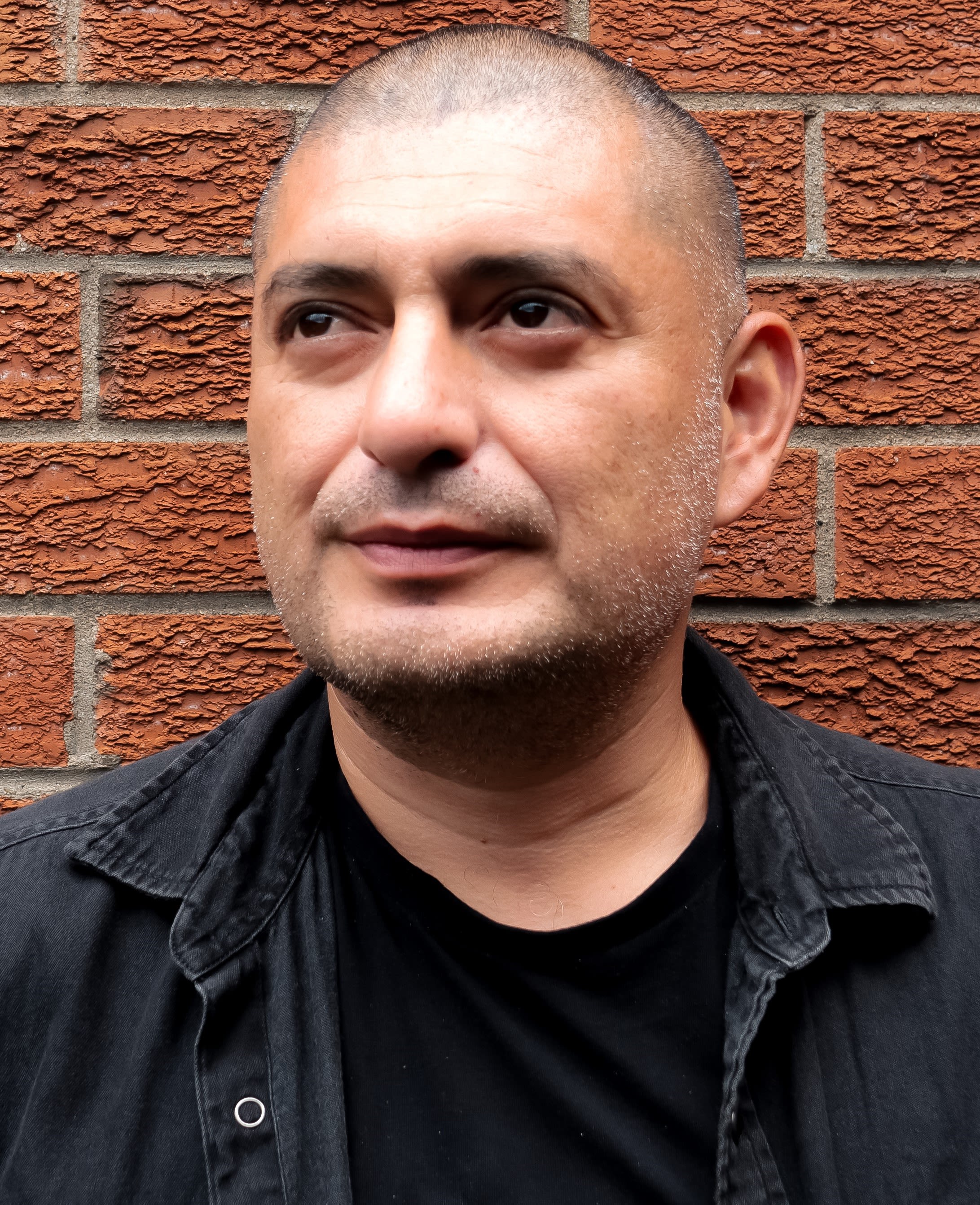
Carlos Underwood
Mexican journalist and filmmaker based in Northern Ireland. Erosion, the first independent film he co-directed, won the award for best Hispano-American documentary at the Contra el Silencio Todas las Voces 2018 film festival and honourable mentions in different countries. At BBC NI he participates in the Spotlight and Panorama departments, respectively, both specialising in documentary investigative journalism. Digital journalist from the University of Guadalajara, Mexico, and Creative Media Production, Northern Ireland, Bangor. No One is Illegal Every Day Tomorrow is his first film as a solo director.
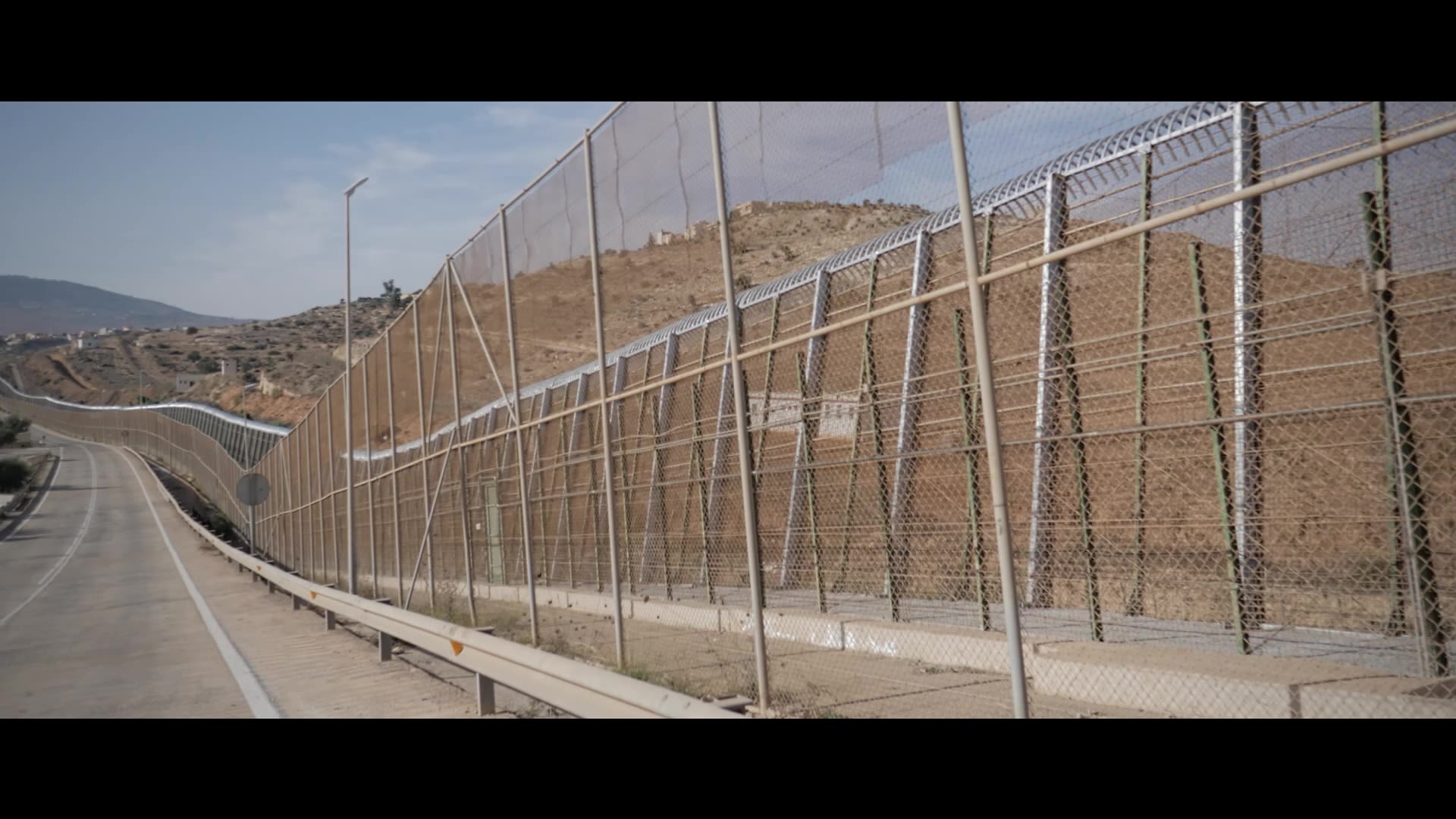
FILM DETAILS
Title: No One is Illegal Every Day Tomorrow
Date: 15 June 2023
Genre: Human rights
Running time: 97 min.
Language: English, Spanish, French, Polish
Country: Northern Ireland-Mexico-Spain
Direction and Script: Carlos Underwood.
Production: María Atahona
Edition: Carlos Underwood
Company: Samaruc Productions
Director of Photography: Carlos Underwood
Music and Sound Design: Carlos Maestre
Colourist: Oleguer Farriol
Twitter: @samarucprods
Youtube: @samarucproductions
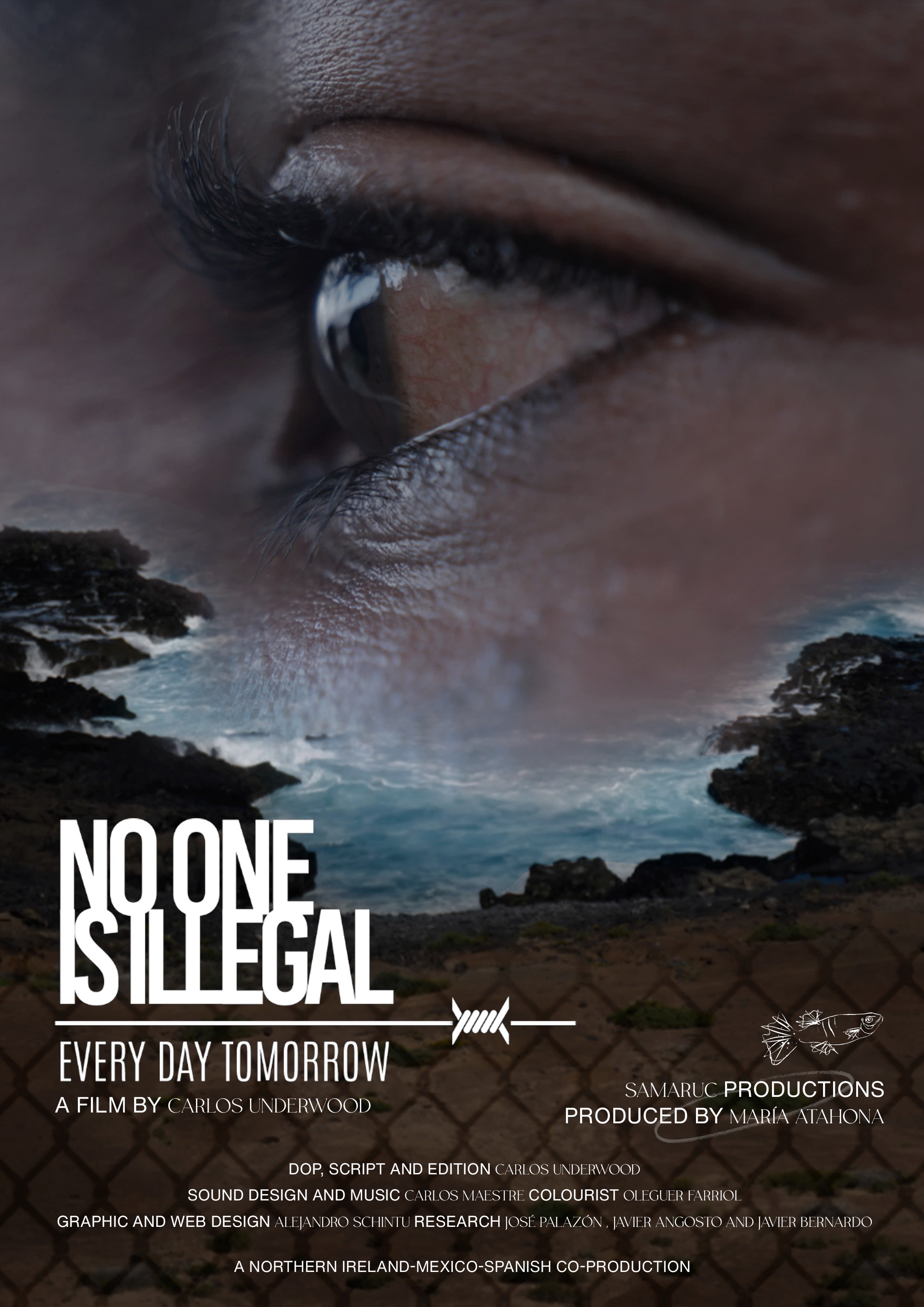

CONTACT
samarucproductions@gmail.com
Screenings, sales and presentations
+44 7485 447564
